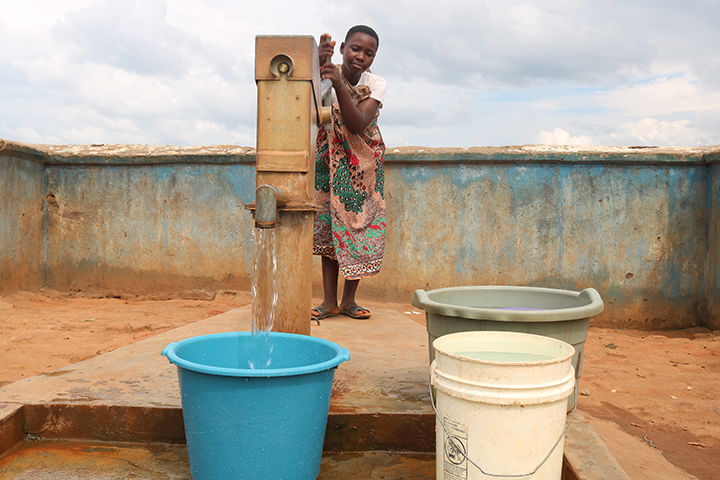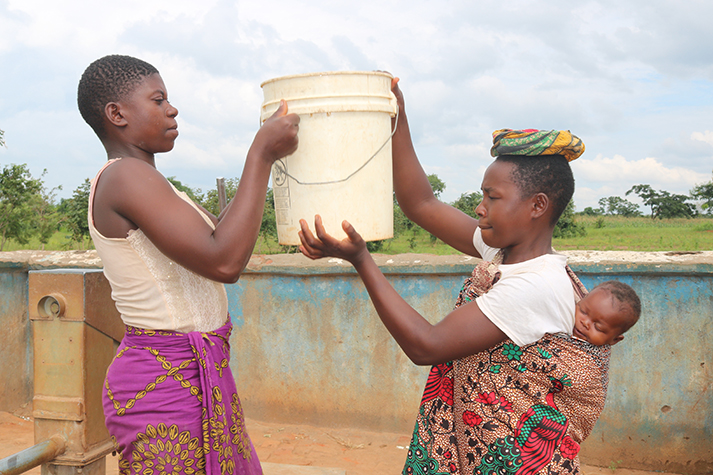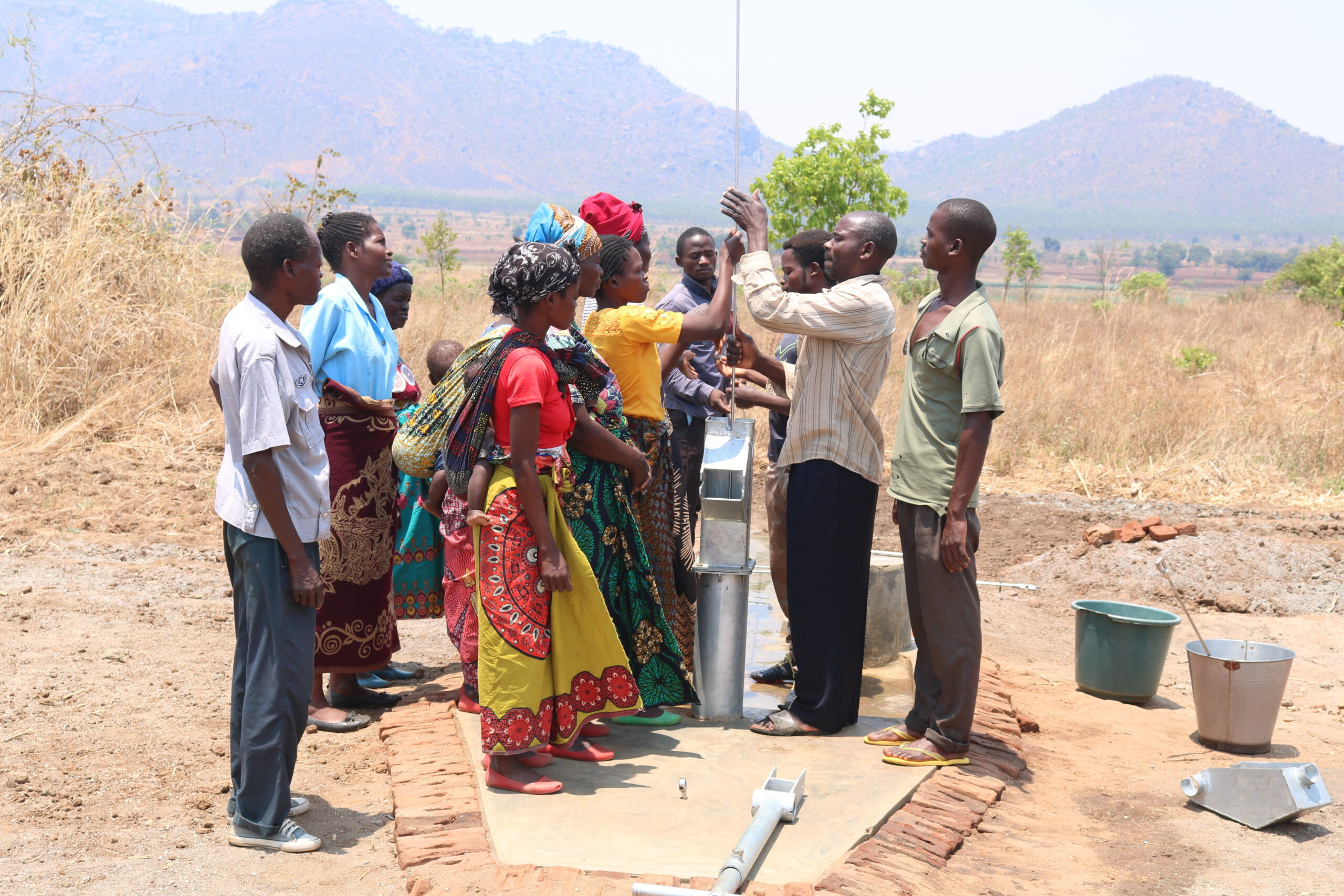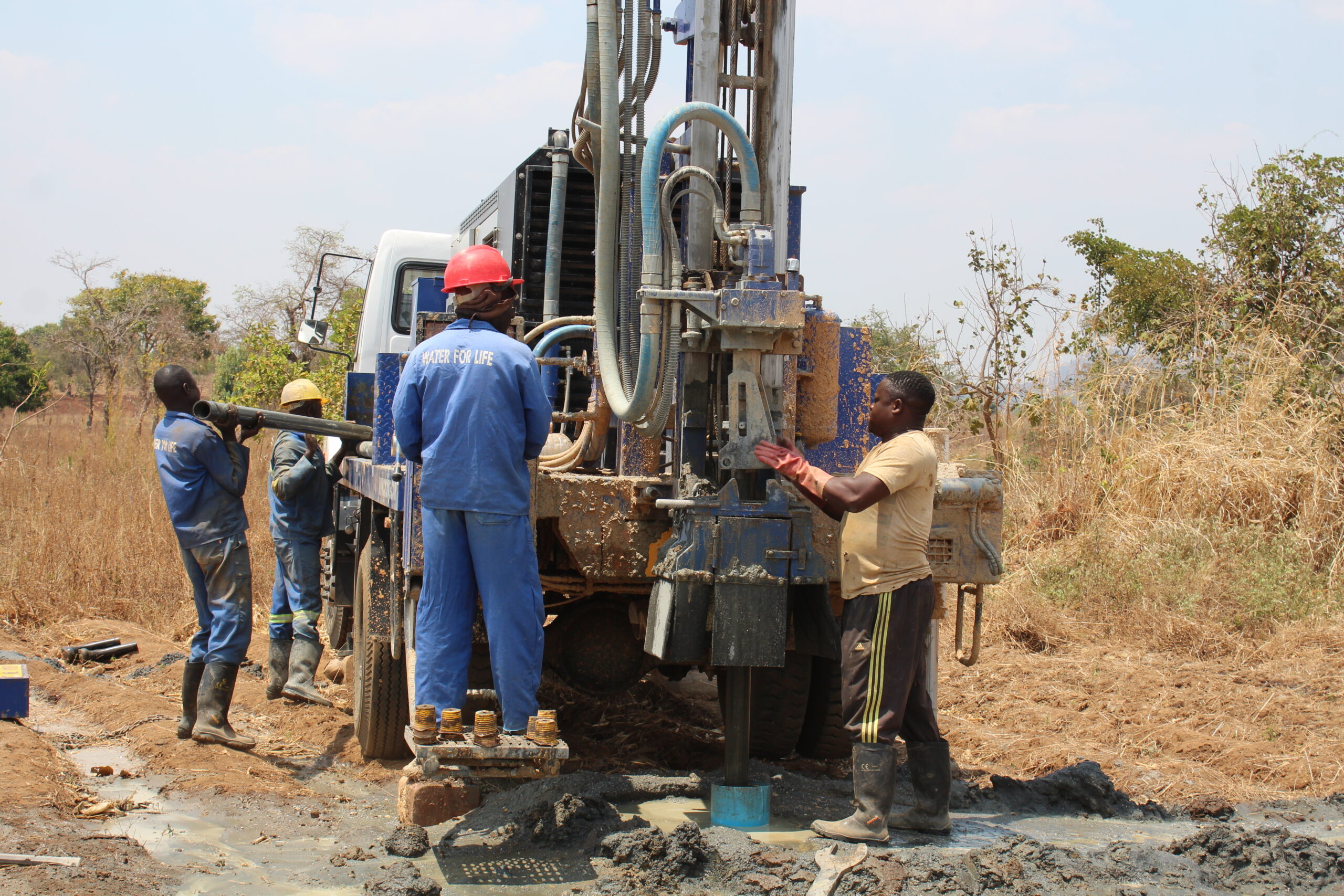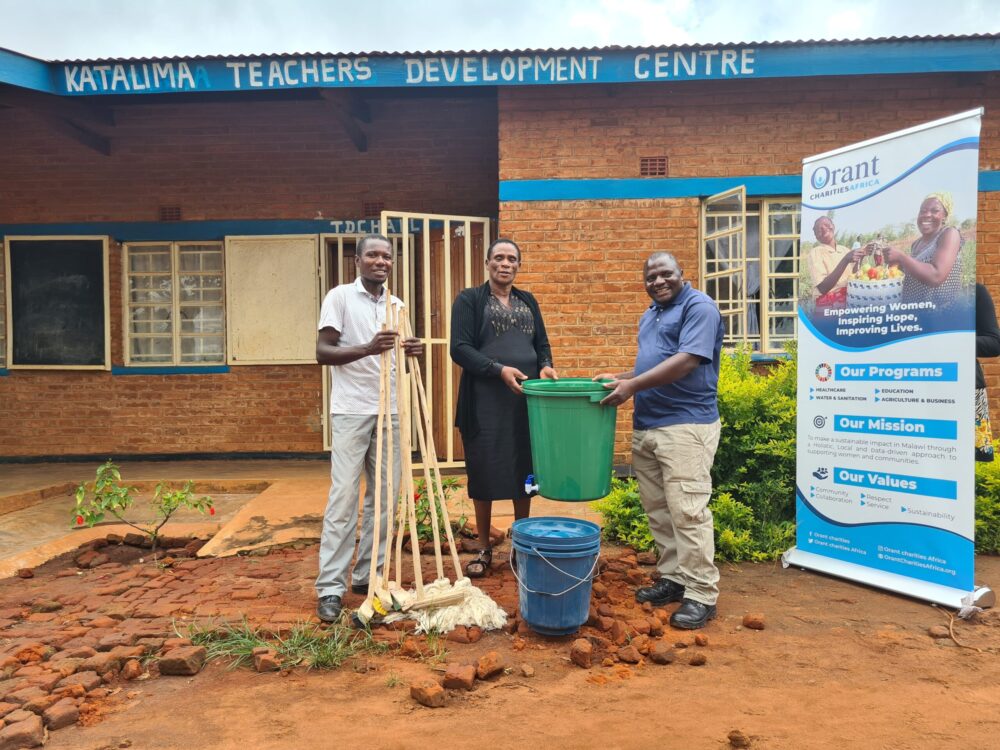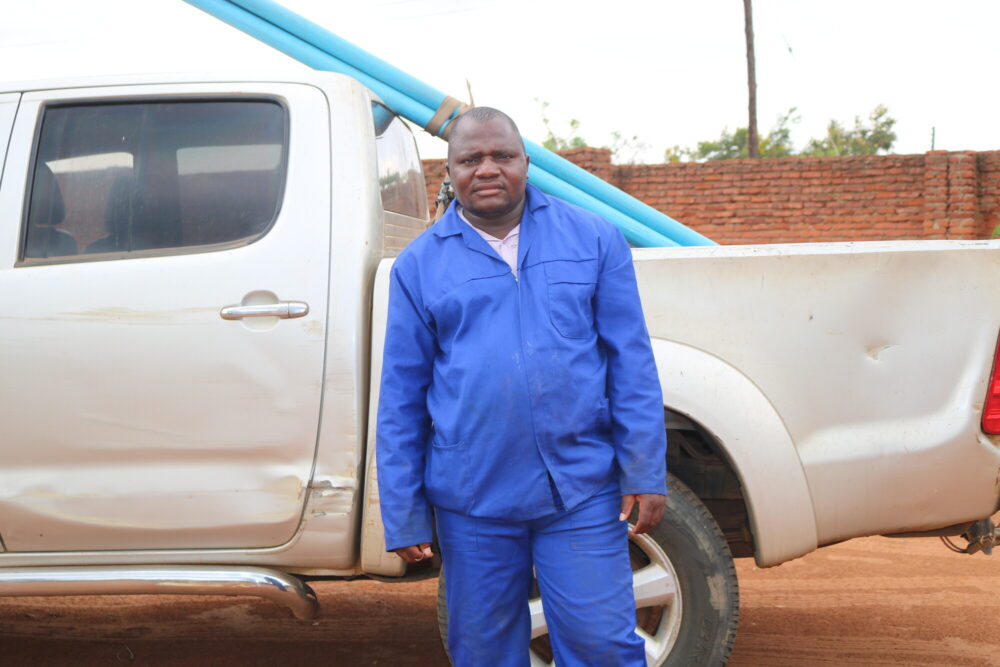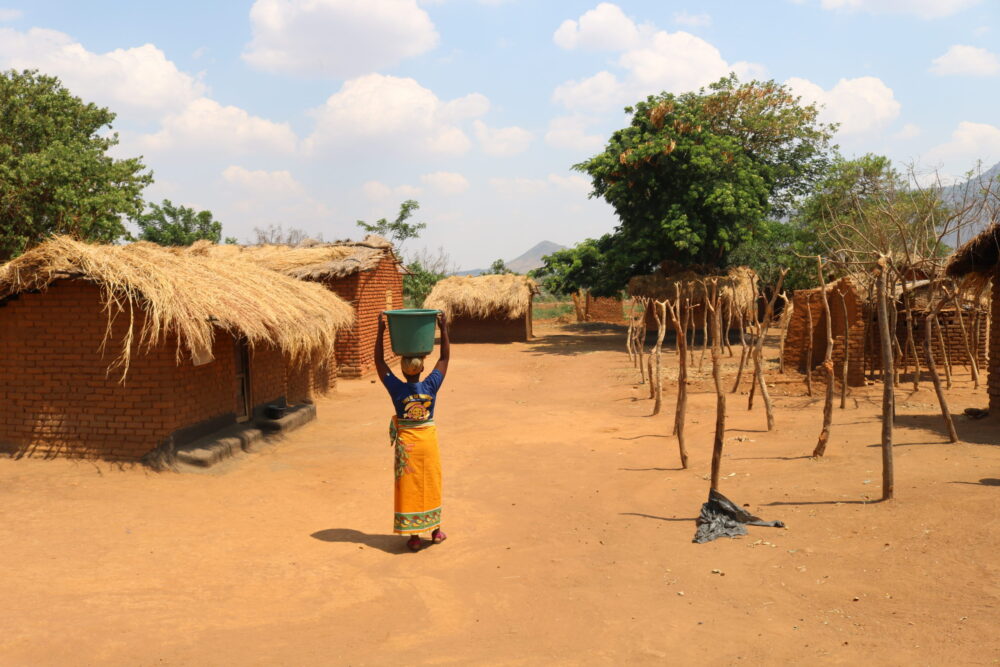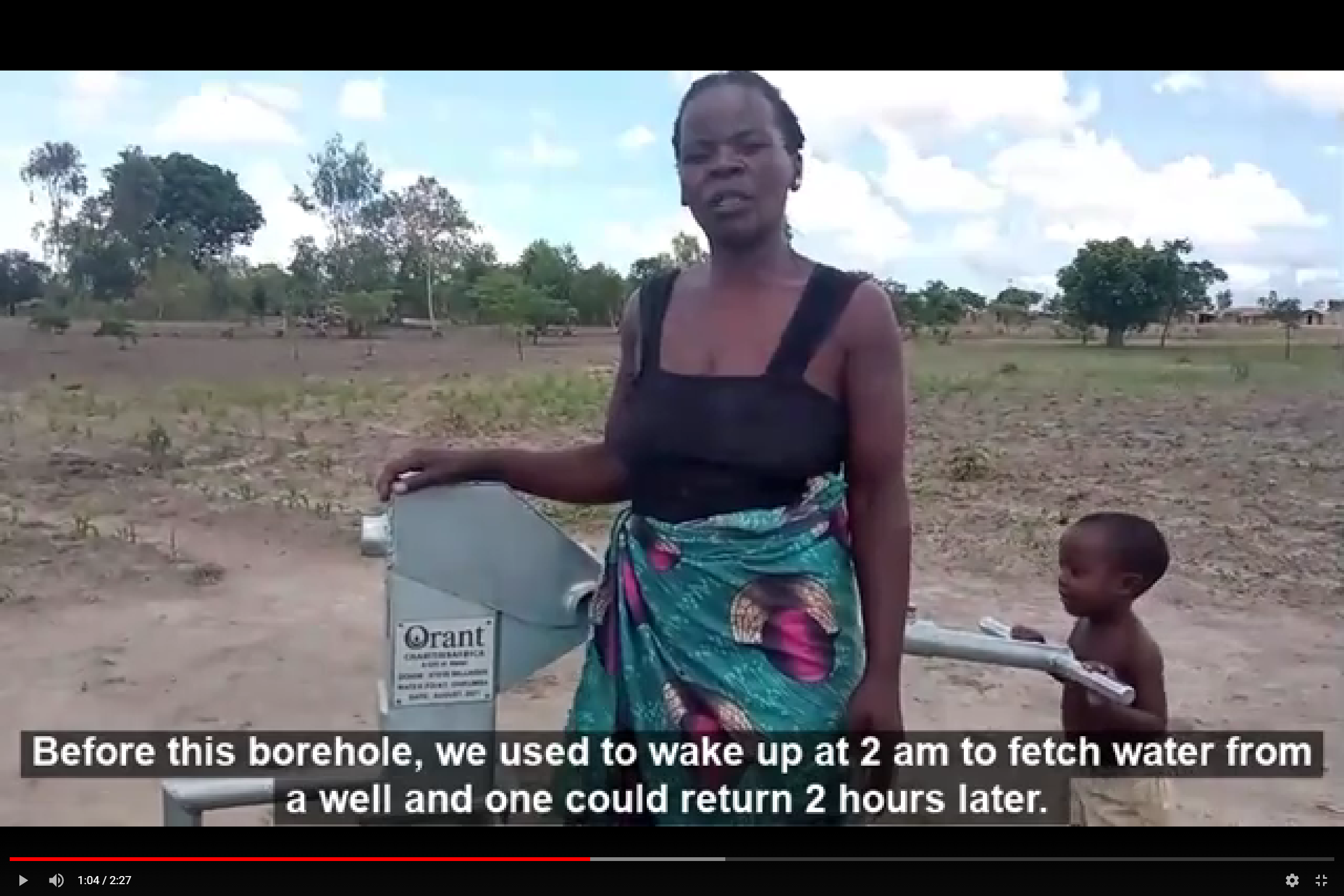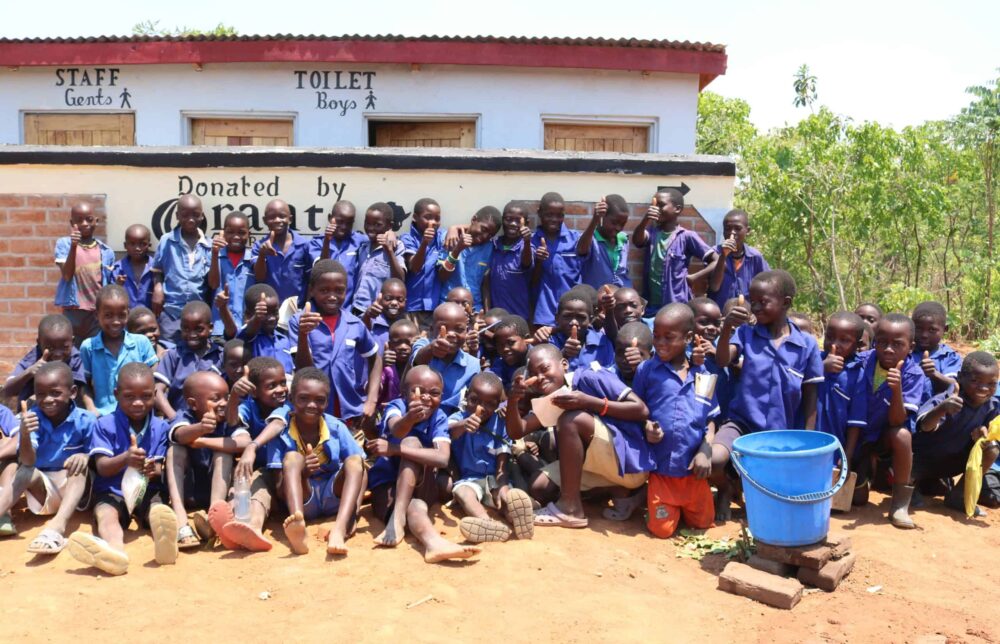At the heart of Orant’s programs and initiatives is sustainability, which is also one of our values. We believe in not only implementing programs or initiatives but also in creating long-lasting change that will continue to serve our community. In today's blog article, we talk about why we perform maintenance on water wells and how it contributes to the sustainability of our Water, Sanitation, and Hygiene (WASH) program.
Improving Sanitation in Malawi
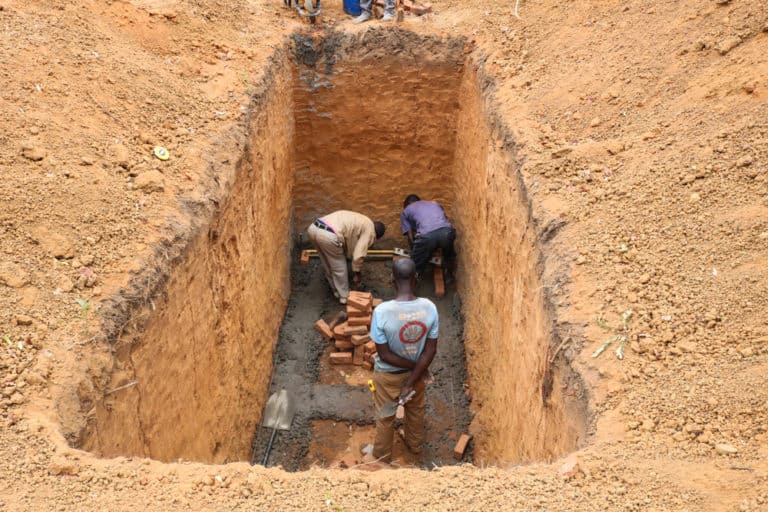
In December, Orant’s Water & Sanitation Program finished constructing an improved pit latrine for girls in Central Malawi. Next week, we’ll start the construction of a boy’s latrine. Both latrines are located at Chilinkholi Junior School.
About the School
Chilinkholi Junior School has 3 teachers and 297 learners. 147 students are boys and 150 are girls. The school covers Standard 1 to 4. This Standard is equivalent to the US’ version of middle school.
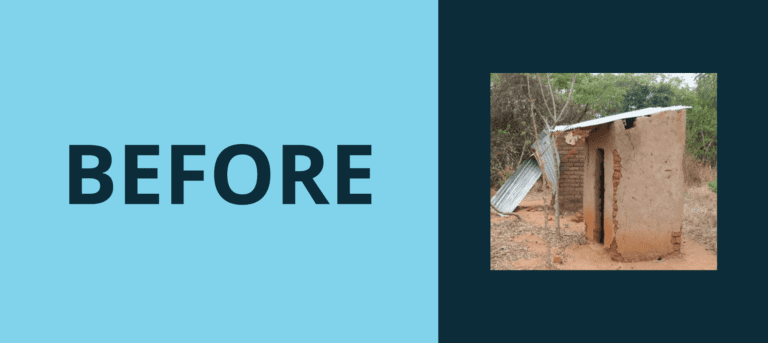
Chilinkholi’s old latrine was shabby. It had only one stall and an unstable floor. Due to a poor roof, students couldn’t use the latrine during rainy season. Worse, the latrine had no doors. Therefore, it had no privacy. When there’s no privacy, girl students often stay home during their menstrual cycles. They then get behind in their studies.
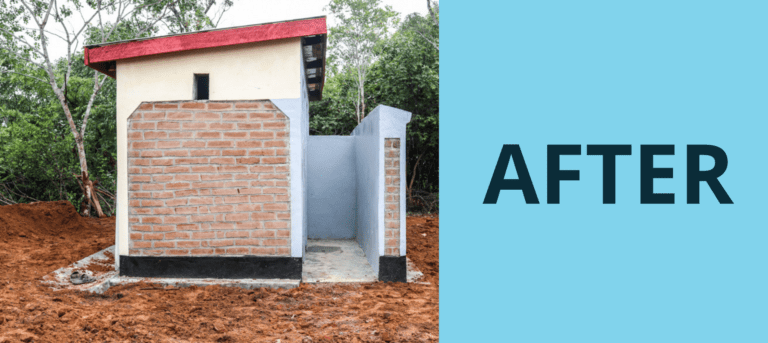
The improved latrine has four stalls. Each stall has a closing door that locks. Consequently, students and teachers have privacy. Below the ground, the latrine’s structure is lined with concrete. This makes mechanical desludging easy. Above the ground, the structure is made of brick and concrete. To improve the design further, Orant installed a ventilation pipe. This pipe traps flies and ventilates odors. We predict school attendance and hygiene will improve.
Community Involvement
The community generously contributed bricks, sand, and quarry for construction. We are grateful for their enthusiasm. It makes improving sanitation in Malawi possible.
Upkeep
Students are responsible for cleaning the latrine regularly. This is a norm in all Malawian government schools.
Small Steps to Stability
The Chilinkholi latrine project approaches community development holistically. By upgrading Water & Sanitation in Malawi, we also:
- improve public health
- support teachers and students
- further Education initiatives
Education, Water & Sanitation, and Healthcare are all connected. By tending to each area, we disrupt the cycle of poverty. Ultimately, we build local stability.
The Orant Journal
Commemorating World Water Day 2024
Every year on the 22nd of March, the world commemorates World Water Day as a way of raising awareness of major water-related issues and to inspire action to tackle the water and sanitation crisis. This year’s World Water Day is themed “Water for Peace.” Read our blog article to learn more about what our WASH program is doing to promote peace and foster harmony.
Ensuring WASH Program Sustainability Through Water Point Committees
We are excited to have trained the Chika Water Point Committee (WPC) as a way of ensuring sustainability. Read our latest blog to learn more about WPCs and the role they play.
The Challenge of Accessing Clean Water in Rural Malawi
We are excited to tell you about the new borehole our WASH program has drilled in Chika Village, T/A Njombwa in Kasungu. Read our latest blog to learn more about how this new borehole will change the lives of people in Chika Village.
Improving Health and Hygiene for Students in Malawi
Our Water and Sanitation program continues to make a significant difference in the lives of students in rural Malawi. Read our latest blog to learn about how we support hygiene initiatives in primary schools in Dowa, Malawi.
A Water Problem is a Life Problem: Interview with Yona Maloto
Yona Maloto has been a Water Field Assistant for Orant's Water & Sanitation Program since 2020. We interviewed him to learn more about his work.
Water is an Issue of Gender
Clean water is a gendered issue in Malawi. Women and girls bear the brunt of the water burden. Malita Chimbalame tells her story.
Madzi ndi Moyo: Water is Life
Madzi ndi Moyo: water is life. Melina Maiko of Central Malawi reflects on the gift of water. A new water well impacts her family and village.
Making Clean Water Accessible in Malawi
Orant makes clean water accessible in rural Malawi by drilling and maintaining boreholes. In 2021, Orant drilled 15 new boreholes.
Reimagining Hygiene for Every Pupil
Poor sanitation and hygiene are major contributors to the burden of disease and school dropouts in rural schools and communities in Malawi.

